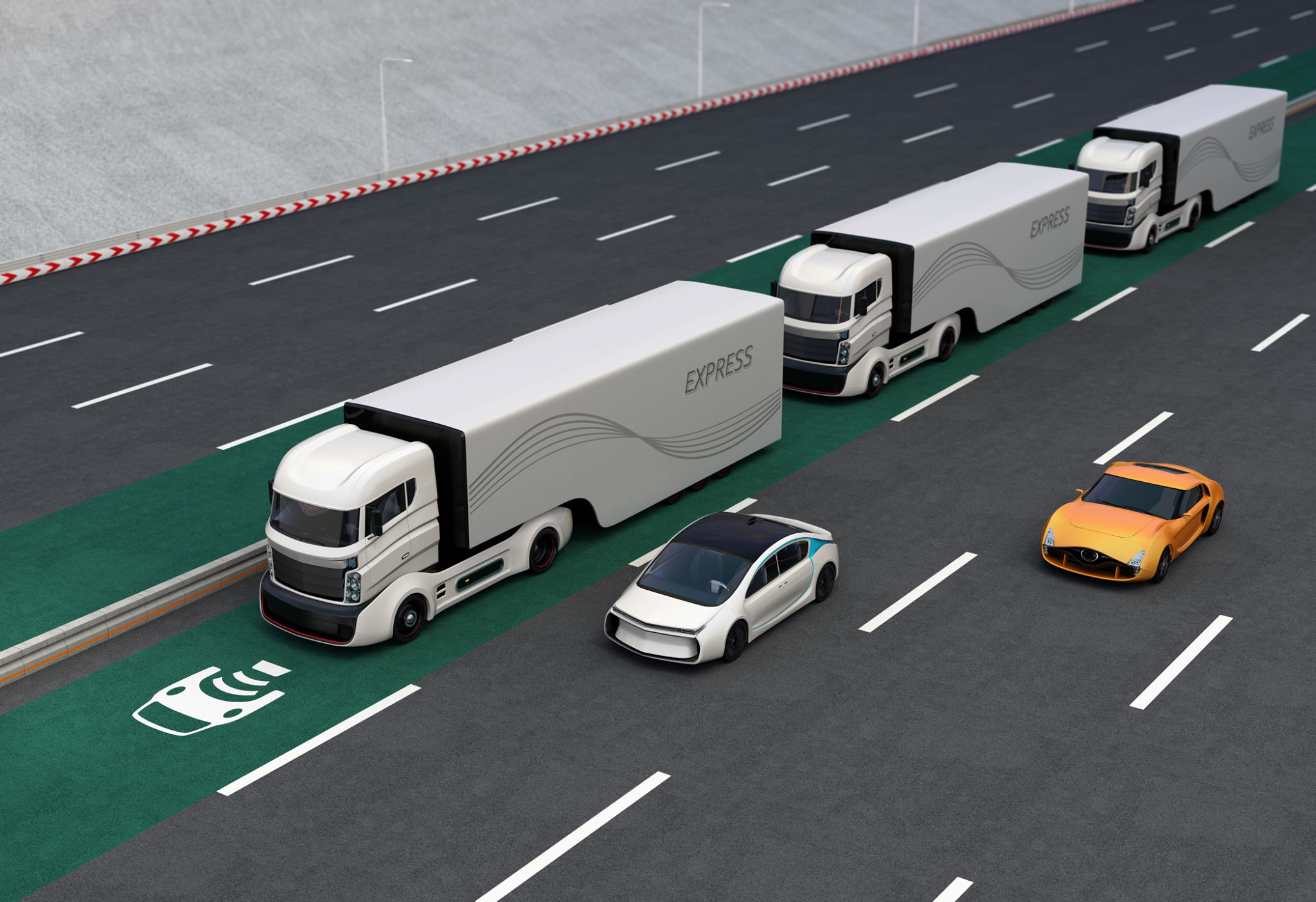Innovations in Trucking Dispatch: Trends You Can’t Ignore
Embracing Technology in Trucking Dispatch
The trucking industry is undergoing a significant transformation, largely driven by advancements in technology. Dispatch operations, which are central to ensuring timely and efficient deliveries, are at the forefront of this evolution. As the industry moves towards a more tech-driven approach, there are several innovations that companies cannot afford to ignore.
One of the most impactful changes is the integration of Artificial Intelligence (AI) and Machine Learning (ML) in dispatch systems. These technologies enable more accurate predictions of delivery times and routes, optimizing the entire logistics chain. AI algorithms analyze vast amounts of data to provide insights that were previously unattainable, leading to reduced fuel consumption and improved delivery efficiency.

Real-Time Tracking and Communication
Real-time tracking has become a staple in modern dispatching systems. With the help of GPS technology and IoT devices, companies can monitor their fleet's location at any given moment. This not only enhances security but also allows for immediate rerouting if unforeseen circumstances arise. Customers also benefit from this transparency, as they can track their shipments in real-time, leading to higher satisfaction rates.
Moreover, communication tools have evolved, enabling dispatchers to maintain constant contact with drivers. Mobile apps and messaging platforms have replaced outdated radio systems, facilitating seamless exchanges of information. This ensures that drivers can receive updates and feedback instantly, making them more adaptable to changing conditions on the road.

Automation and Efficiency
Another critical trend in trucking dispatch is the automation of routine tasks. Automation software can handle scheduling, invoicing, and other administrative duties, freeing up dispatchers to focus on strategic decision-making. This not only increases operational efficiency but also reduces the likelihood of human error in paperwork and scheduling conflicts.
Automation also extends to load matching and route planning. By utilizing advanced algorithms, systems can automatically assign loads to the most suitable trucks and optimize delivery routes based on traffic patterns and road conditions. This leads to faster deliveries and better resource utilization.

Sustainability and Eco-Friendly Practices
The trucking industry is also embracing sustainability through eco-friendly dispatching practices. Innovations such as route optimization not only save time and fuel but also reduce the carbon footprint of trucking operations. Electric and hybrid trucks are becoming more prevalent, and dispatch systems are adapting to manage these new vehicle types effectively.
Furthermore, companies are increasingly adopting telematics systems to monitor driver behavior, promoting fuel-efficient driving techniques. By analyzing data on braking patterns, acceleration, and idling times, dispatchers can provide constructive feedback to drivers, enhancing both safety and sustainability.
Data-Driven Decision Making
Data is becoming a pivotal asset in trucking dispatch. By leveraging big data analytics, companies can make informed decisions that enhance operational efficiency. For instance, analyzing traffic patterns and historical delivery data can help in predicting peak times and planning accordingly. This proactive approach minimizes delays and maximizes productivity.
Additionally, data-driven insights enable companies to identify trends and anticipate potential disruptions, allowing them to devise contingency plans. This agility is crucial in an industry where time is money and customer expectations are continually rising.

The Future of Trucking Dispatch
As technology continues to evolve, the future of trucking dispatch looks promising. Emerging technologies such as blockchain could revolutionize the way transactions and logistics are managed, offering greater transparency and security. Autonomous trucks, though still in the early stages, hold the potential to redefine dispatch operations entirely.
Trucking companies that embrace these innovations will likely gain a competitive edge, offering superior service and efficiency. As the industry moves forward, staying updated with these trends and integrating them thoughtfully into operations will be essential for long-term success.